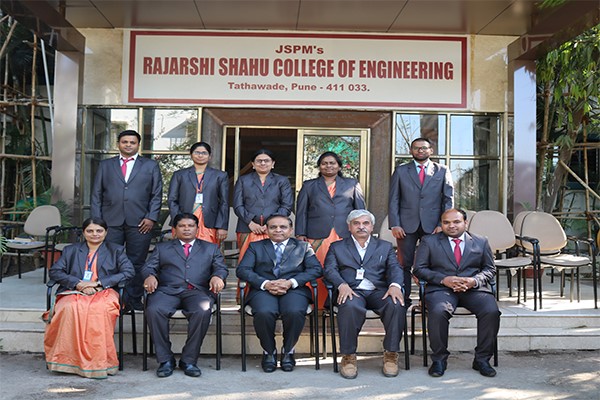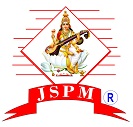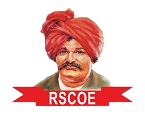Department of Electrical Engineering
About Department
The Department of Electrical Engineering at RCSOE was established in May 2016 with academic program started in July 2017. The department is NBA-accredited and offers a curriculum designed in collaboration with IIT Ropar, ensuring a balance of academic excellence and industry relevance. The department is supported by a team of highly qualified faculty members with expertise in Power Systems, Control System, Renewable Energy and Electrical Machines including PhDs and postgraduate professionals with both academic and industrial experience. Teaching and learning process is enriched through modern ICT tools which includes flipped classrooms, virtual labs, Smart Boards and many more, ensuring an engaging and interactive learning experience. The department emphasizes the holistic development of students through skill development programs, ethics in engineering, and special training tailored for both slow and advanced learners. Students are encouraged to engage in competitive exams through different activities. The department has also established the IEEE Power and Energy Society, Student Branch Chapter in year 2024 and started the Electric Vehicle Club in year 2022, promoting innovation, technical expertise, and industry readiness among students. Research is a key focus of the department, with patents published and granted, research article in well reputed national and international journals and conference of well repute. Faculty and students actively participate in professional bodies such as IEEE, ISTE and ISLE. The department students also actively participate in institute clubs and activities like ROTRACT, NSS, Ci-Pher, Rangbhumi, Hip-Hoppers. They have also excelled in sports and other extra-curricular activity.

Department Highlights
- Well-qualified faculty members with expertise in power systems, control system, electrical machines and drives, renewable energy, and electronics.
- Consistently excellent academic results with university ranks and excellent CGPA.
- Active implementation of Outcome-Based Education (OBE) and NBA Accreditation framework with effective CO-PO-PSO mapping and well-defined strong feedback mechanism.
- State-of-the-art laboratories including Electrical Machines and Drives Lab, Power System Lab, Power Electronics Lab, Control Systems Lab, Renewable Energy Lab, and High Voltage Engineering Lab.
- Advanced software tools such as MATLAB, PSCAD, and other software for simulation analysis. Smart classrooms and ICT-enabled teaching facilities.
- Faculty and students regularly publish research papers in indexed journals and reputed conferences. Student mini-projects and final-year projects focused on recent rends in electrical engineering and interdisciplinary domains of engineering.
- Faculty members have been granted patents and copyrights for their innovative research and academic contributions.
- Faculty members hold active memberships in professional bodies such as IEEE (PES), ISTE, and ISLE, fostering technical growth and professional networking.
- Active student chapters like IEEE (PES), ISTE, ISLE and EV Club for professional development. Participation and achievements in national-level project competitions and innovation challenges. Organization of workshops, seminars, webinars, hackathons, and technical quizzes.
- Students organize various activities under umbrella of active Electrical Engineering Students Association (EESA).
- Consistent campus placements in core and IT companies with reputed recruiters. Training in aptitude, soft skills, and technical interviews to enhance career readiness.
- Achieved an outstanding 96% placements in Academic Year 2024–25.
- Strong linkages with industries through MoUs, industrial visits, expert talks, and internships.
- Alumni working in reputed organizations like TATA Power, Reliance, KPIT, TCS, Accenture, NEILSOFT.

